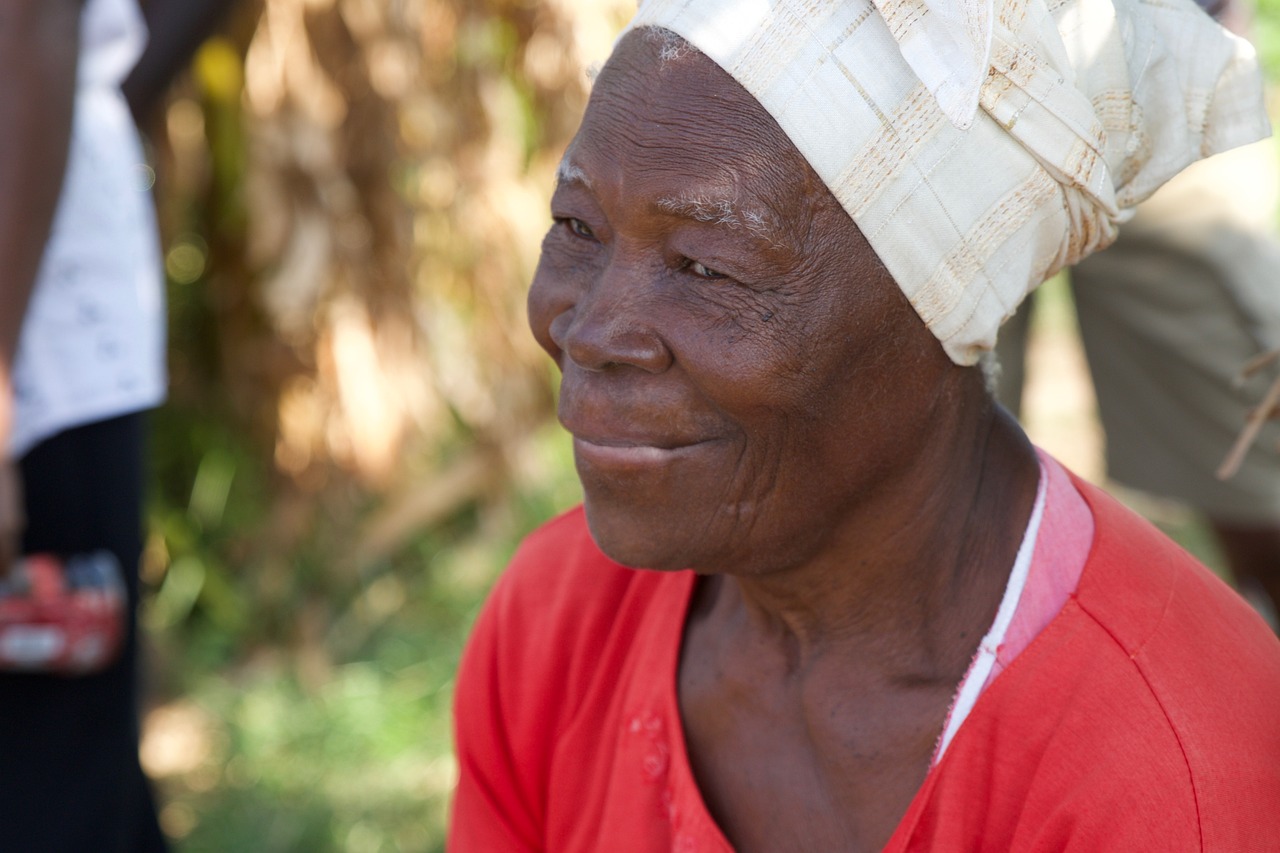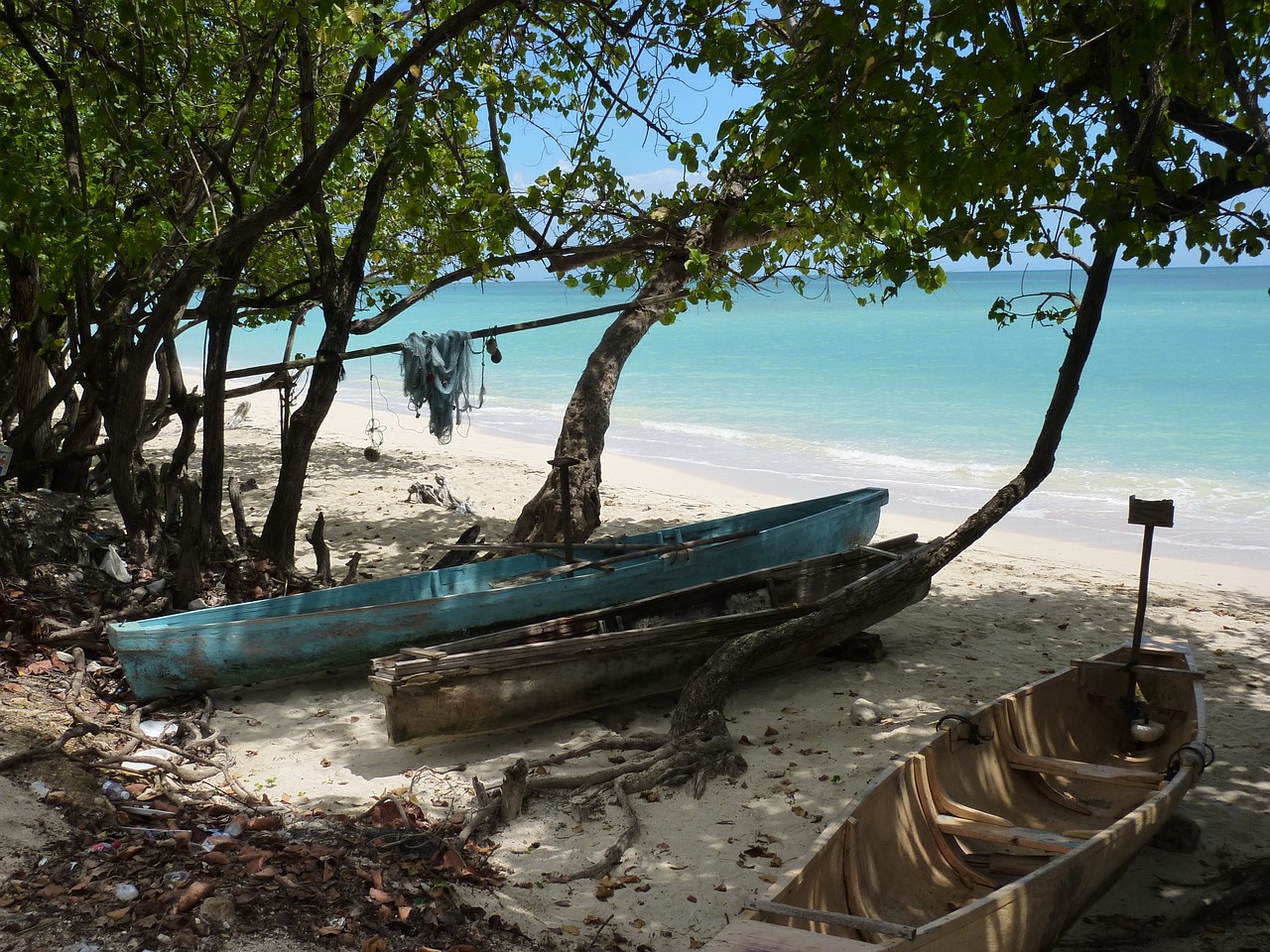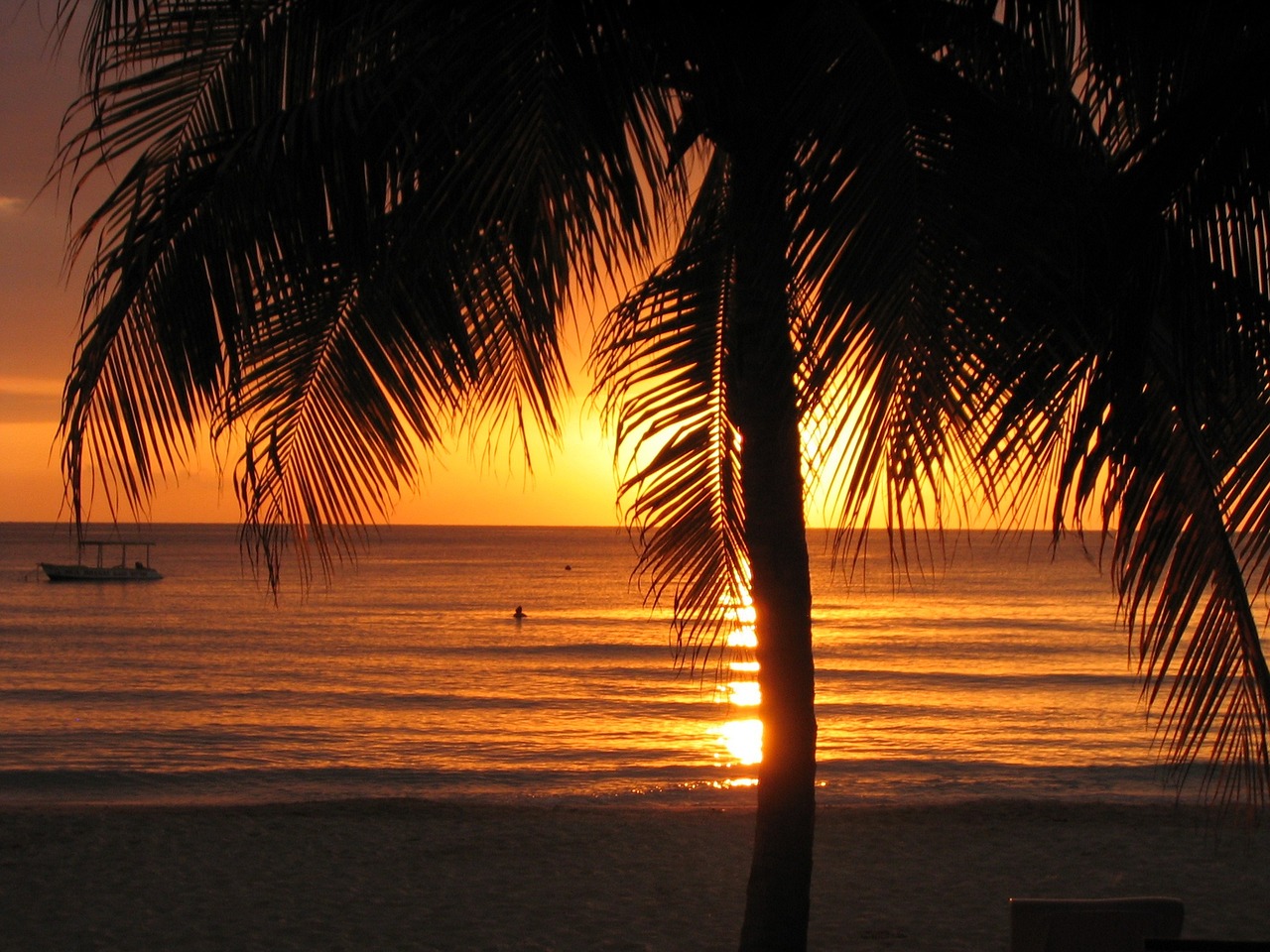Jamaica Video
Cultural Sensitivities: Understanding Local Norms in Jamaica
Jamaica, known for its stunning beaches, vibrant music, and warm people, is a culturally rich country with unique customs and traditions. To fully appreciate and respect the local culture, it is essential to understand and adhere to the cultural sensitivities that prevail in Jamaica. This article aims to provide an in-depth exploration of various aspects of Jamaican culture, including language, greetings, food, religion, clothing, and more.
Language
Jamaica’s official language is English, but the country is also known for its distinct Jamaican Patois, a creole language influenced by West African, Irish, and Spanish dialects. While English is widely spoken, especially in formal settings, Patois is commonly used in everyday conversations. It is important to note that Patois may be challenging to understand for non-locals, but Jamaicans appreciate visitors who make an effort to learn a few basic phrases.
- Greetings: Jamaicans are generally warm and friendly, and greetings play an important role in their culture. Common greetings include “Good morning,” “Good afternoon,” and “Good evening.” Handshakes are the most common form of greeting, but close friends and family members may exchange hugs or kisses on the cheek.
- Respectful Language: Jamaicans value respect and politeness. It is important to use appropriate language and avoid offensive or derogatory terms. Jamaicans often use terms like “sir” or “ma’am” as a sign of respect when addressing others.
- Patois Phrases: Learning a few Patois phrases can go a long way in connecting with locals. Some common phrases include “Wha gwaan?” (What’s going on?), “Mi deh yah” (I’m here), and “Respect” (a general term of acknowledgement and appreciation).
Greetings and Social Etiquette
Jamaicans have a strong sense of community and place great importance on social interactions. Understanding the local norms regarding greetings and social etiquette will help visitors navigate social situations with ease.
- Respect for Elders: In Jamaican culture, respect for elders is highly valued. It is customary to greet older individuals with a warm smile and a respectful greeting, such as “Good morning, ma’am/sir.”
- Personal Space: Jamaicans appreciate personal space, so it is important to maintain a comfortable distance when engaging in conversations or interactions.
- Eye Contact: Making eye contact while conversing is a sign of respect and attentiveness in Jamaican culture.
Cuisine and Dining Etiquette
Jamaican cuisine is renowned for its bold flavors and unique combinations. When dining in Jamaica, it is helpful to be aware of the local dining etiquette and customs.
- Try Local Dishes: Jamaican cuisine offers a rich variety of dishes, including jerk chicken, ackee and saltfish, and curried goat. Embrace the opportunity to try traditional Jamaican foods and explore the diverse flavors.
- Use Utensils: In formal dining settings, Jamaicans typically use utensils, such as forks, knives, and spoons. However, it is common to eat certain dishes, like patties or jerk chicken, with your hands in more casual settings.
- Table Manners: Jamaican dining etiquette is similar to Western customs. It is polite to wait for the host to start eating before you begin. Additionally, it is customary to keep your hands visible on the table during the meal.
Religion and Beliefs
Religion holds significant importance in Jamaican culture, with Christianity being the dominant faith. Understanding the religious landscape of Jamaica can help visitors appreciate the local customs and beliefs.
- Christianity: The majority of Jamaicans identify as Christians, with various denominations represented, including Protestantism and Roman Catholicism. Churches play a central role in the community, and visitors may have the opportunity to attend religious services.
- Rastafarianism: Rastafarianism is a religious and cultural movement that originated in Jamaica. It is characterized by a belief in the divinity of Emperor Haile Selassie I of Ethiopia and promotes principles of equality, peace, and natural living.
- Respect for Religious Sites: When visiting churches or other religious sites, it is important to dress modestly and behave respectfully. Some sites may have specific rules or customs, so it is advisable to inquire beforehand.
Clothing and Dress Code
Jamaica’s warm climate and laid-back lifestyle influence the local dress code. However, certain places and occasions may require specific attire.
- Beach Attire: When visiting the beautiful beaches of Jamaica, it is acceptable to wear swimwear, cover-ups, and casual beachwear. However, it is advisable to dress modestly when leaving the beach or visiting public areas.
- Respectful Dress: In more formal settings, such as religious sites, upscale restaurants, or business meetings, it is appropriate to dress modestly and conservatively. Avoid wearing revealing or provocative clothing.
- Comfortable Clothing: Jamaica’s tropical climate calls for lightweight and breathable clothing. Opt for loose-fitting clothes made of natural fabrics to stay comfortable in the heat.
Music and Dance
Jamaica is renowned for its vibrant music scene, including genres like reggae, dancehall, and ska. Music and dance are integral parts of Jamaican culture, and experiencing them firsthand can provide valuable insights into the local way of life.
- Reggae Music: Reggae, popularized by legendary artists like Bob Marley, is a genre closely associated with Jamaica. Attending live music performances or visiting reggae clubs can offer an immersive experience of the country’s musical heritage.
- Dancehall Culture: Dancehall music and dance are deeply ingrained in Jamaican culture. Dancehall parties, known as “sessions,” are energetic and vibrant celebrations of music and dance. Visitors can participate in dancehall classes or attend dancehall events to learn more about this cultural phenomenon.
Jamaica Image 1:

Local Customs and Traditions
Jamaica is rich in customs and traditions that are passed down through generations. Understanding and respecting these customs can greatly enhance your experience in the country.
- Patois Poetry and Storytelling: Patois poetry and storytelling are cherished forms of artistic expression in Jamaica. Attending a poetry reading or storytelling session can provide a glimpse into the cultural heritage and oral traditions of the country.
- Respect for Elders: Jamaicans hold deep respect for their elders and often seek their guidance and wisdom. It is customary to address older individuals with honorifics like “Aunty” or “Uncle” as a sign of respect.
- Community Spirit: Jamaicans have a strong sense of community and often come together to support one another. Participating in community events, such as festivals or charity initiatives, can foster a deeper understanding of Jamaican culture.
Jamaica Image 2:

Environmental Awareness
Jamaica’s natural beauty, including its lush rainforests, pristine beaches, and coral reefs, is a valuable asset that locals strive to protect. Visitors can contribute to environmental conservation efforts by practicing responsible tourism.
- Responsible Waste Management: Dispose of waste properly and recycle whenever possible. Avoid littering and participate in beach clean-ups or other environmental initiatives.
- Coral Reef Conservation: When engaging in water activities like snorkeling or diving, ensure you do not touch or damage the coral reefs. Use reef-safe sunscreen to protect both your skin and the delicate marine ecosystem.
- Nature Conservation: Respect nature reserves, national parks, and protected areas by adhering to rules and regulations. Avoid disturbing wildlife and refrain from removing or damaging natural resources.
Conclusion
Understanding and respecting the cultural sensitivities in Jamaica is essential for a meaningful and enjoyable visit to the country. By familiarizing yourself with the local language, greetings, customs, and traditions, you can engage with Jamaicans on a deeper level and gain a richer appreciation for their culture. Remember to be open-minded, embrace new experiences, and show respect for the unique customs and norms that make Jamaica such a special place.
Jamaica Image 3:

References
– Jamaica Tourist Board: www.visitjamaica.com
– Jamaicans.com: www.jamaicans.com
– Jamaica Observer: www.jamaicaobserver.com
– Office of the Prime Minister – Jamaica: www.opm.gov.jm


